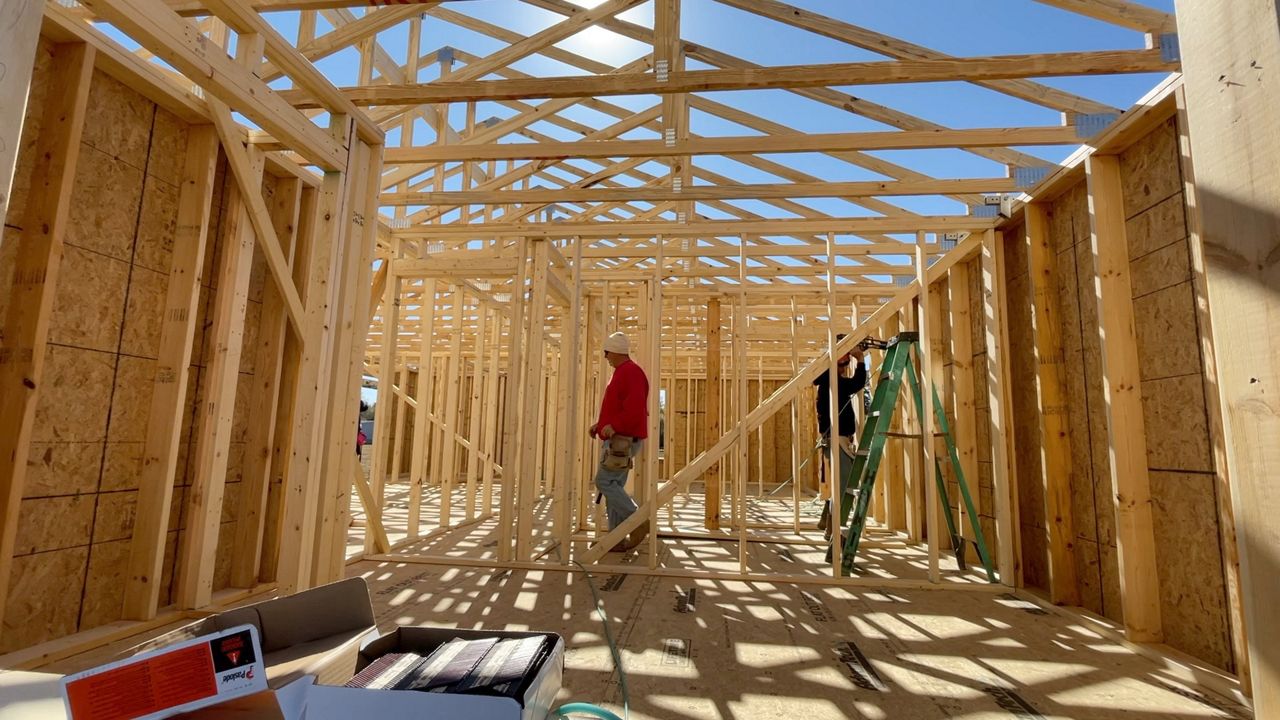New York state has awarded $390 million in funding for 10 projects meant to boost affordable housing projects, Gov. Kathy Hochul on Thursday announced.
The money, which includes a mix of bonds and subsidies, will help "create or preserve" 1,600 homes statewide, her office said.
Hochul has made expanding housing a key priority in her 2023 agenda, with the multi-year goal of reaching 800,000 new units in order to expand stock and reduce costs.
"As our state stares down a severe housing crisis, this investment to create and preserve more than 1,600 new homes marks an important step toward addressing New York's housing shortage," Hochul said. "Building, preserving, and stabilizing our housing supply is a top priority for my administration, and I remain committed to bringing forth solutions - like the New York Housing Compact - to ensure that we have ample, safe, and affordable housing for anyone who wants to call New York home."
The money announced Thursday includes funding for projects statewide, and when combined with private-sector funding, accounts for $600 million in spending.
In Saratoga Springs, $61.6 million will be used for the Tait Lane Reserve, creating 202 affordable apartments. Buffalo's North Park neighborhood is receiving a $40.1 million project for Pan American Square, which will include the construction of 150 homes.
In Kingston, $39.6 million be used for the Stuyvesant Apartments as part of a rehabilitation project.
And in New York City, more than $20 million in capital improvements will be used for a Mitchell-Lama cooperative with 385 affordable homes in Hamilton Heights in Manhattan.
An effort to expand affordable housing in New York is also part of a broader push to address increasing concerns over public safety and mental illness in the aftermath of the COVID pandemic.
"Stable, secure housing is a critical part of the recovery process," said Ann Sullivan, the commissioner of the Office of Mental Health. "These supportive housing projects are helping people with mental illness to live and thrive in their own homes and communities.'



